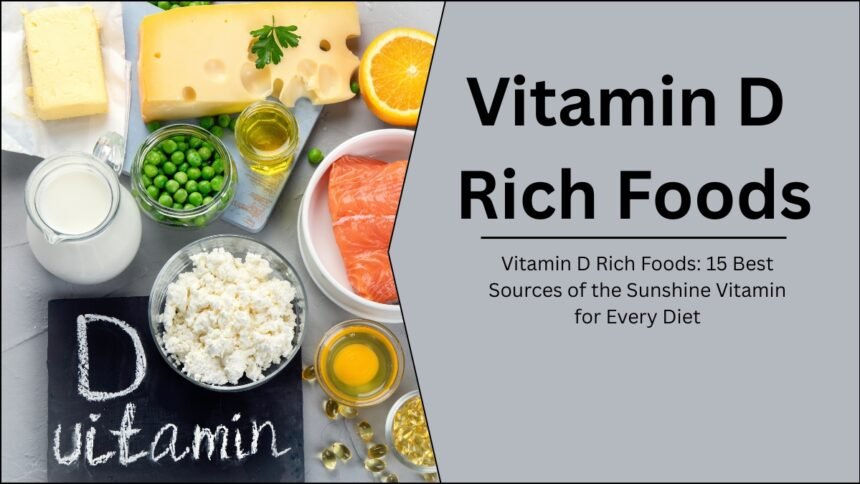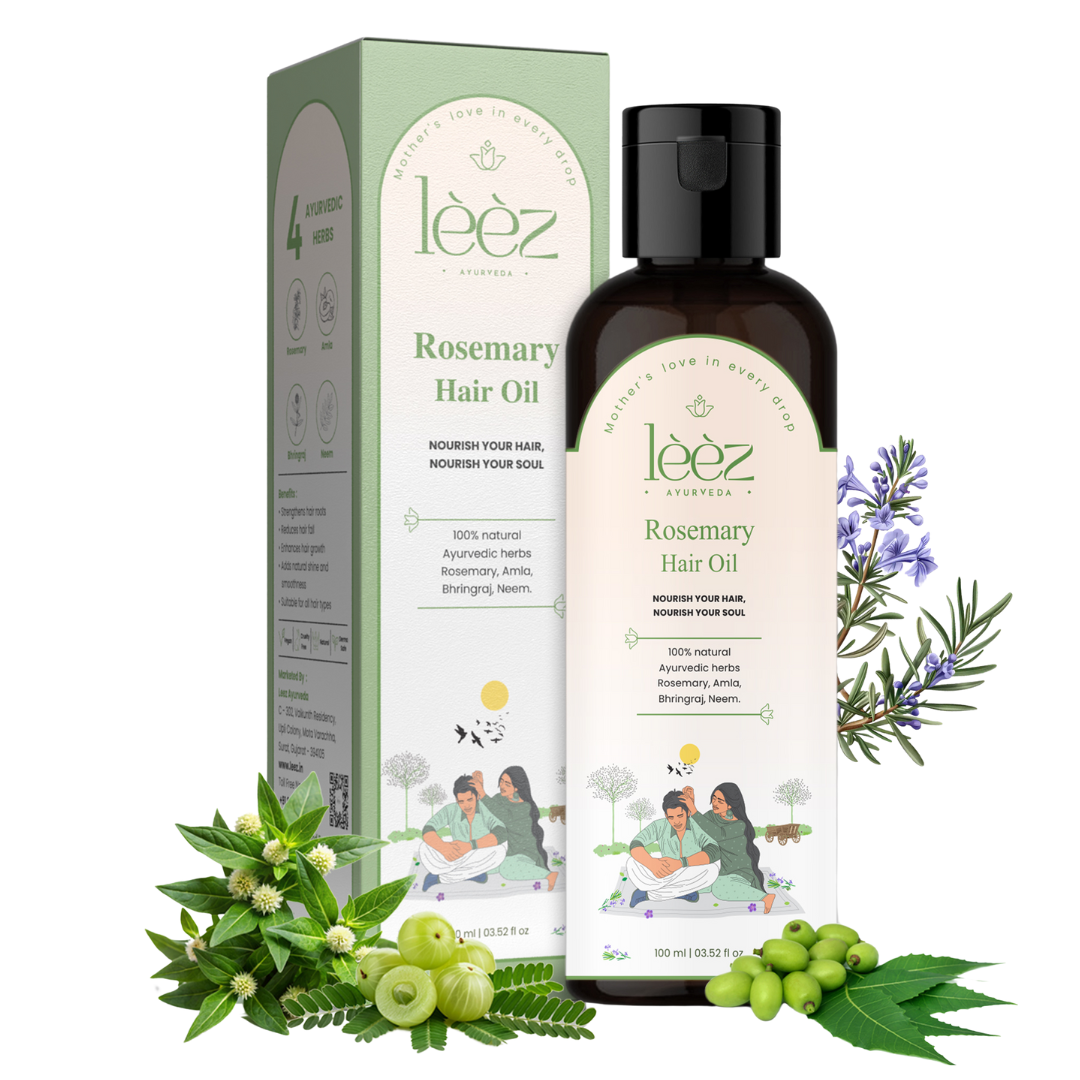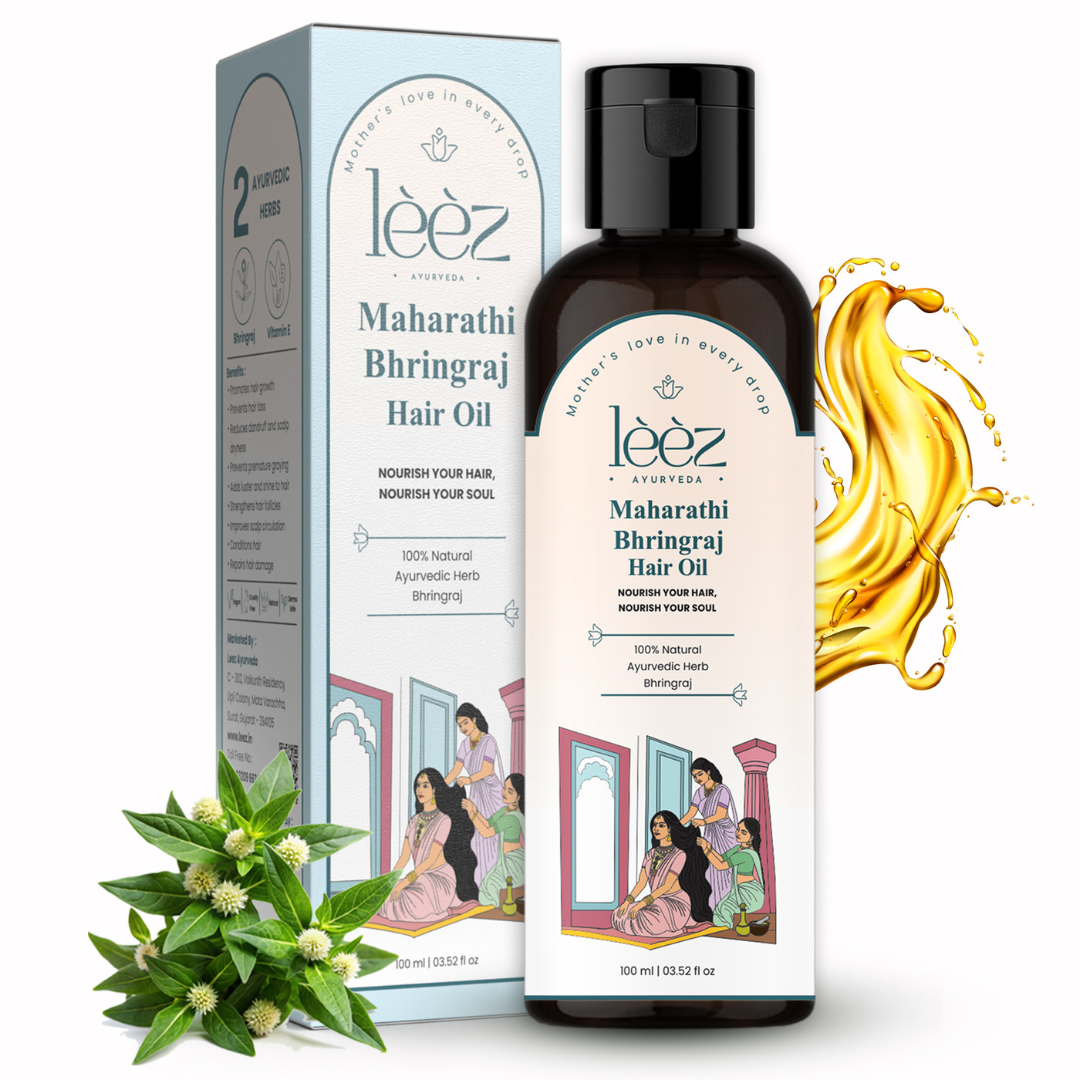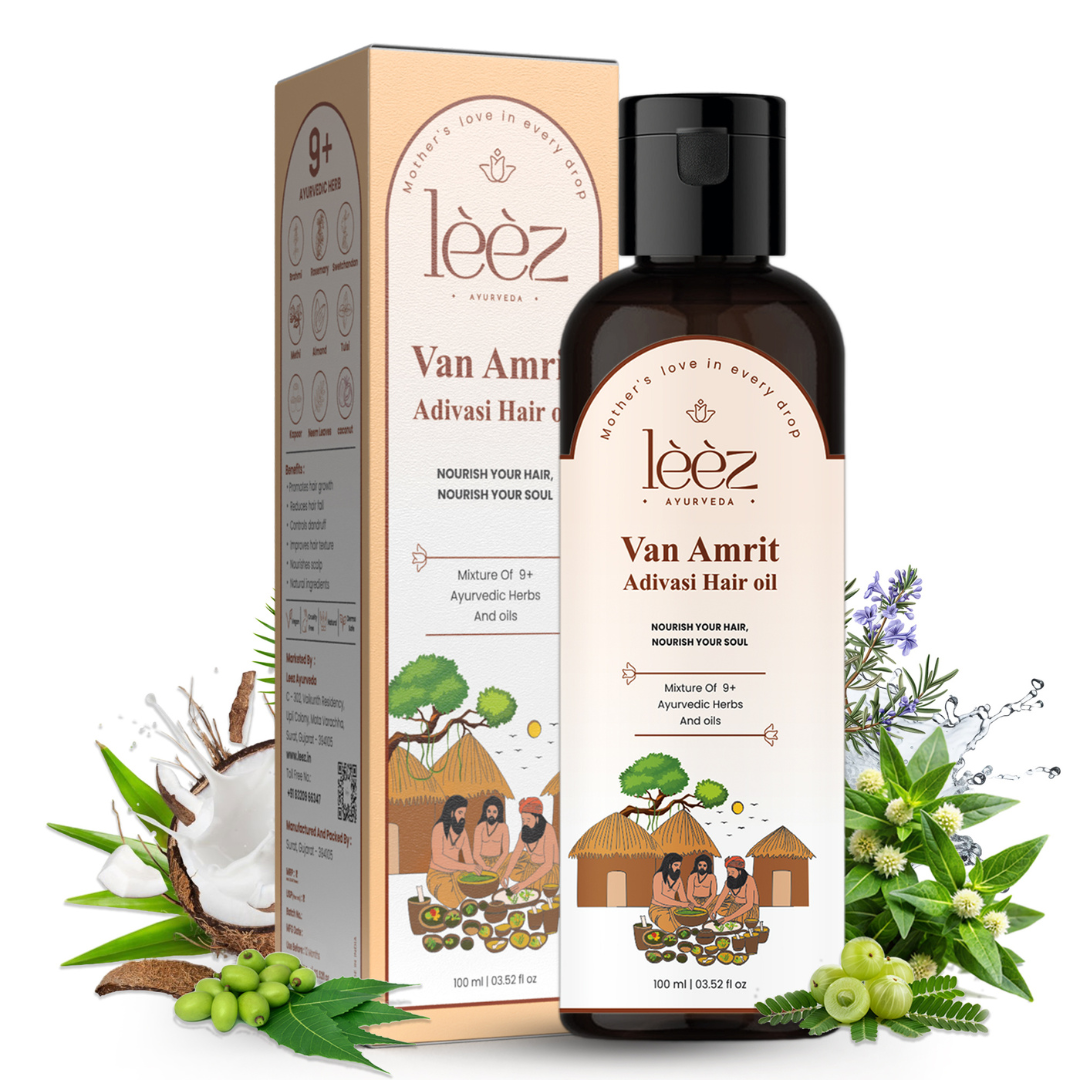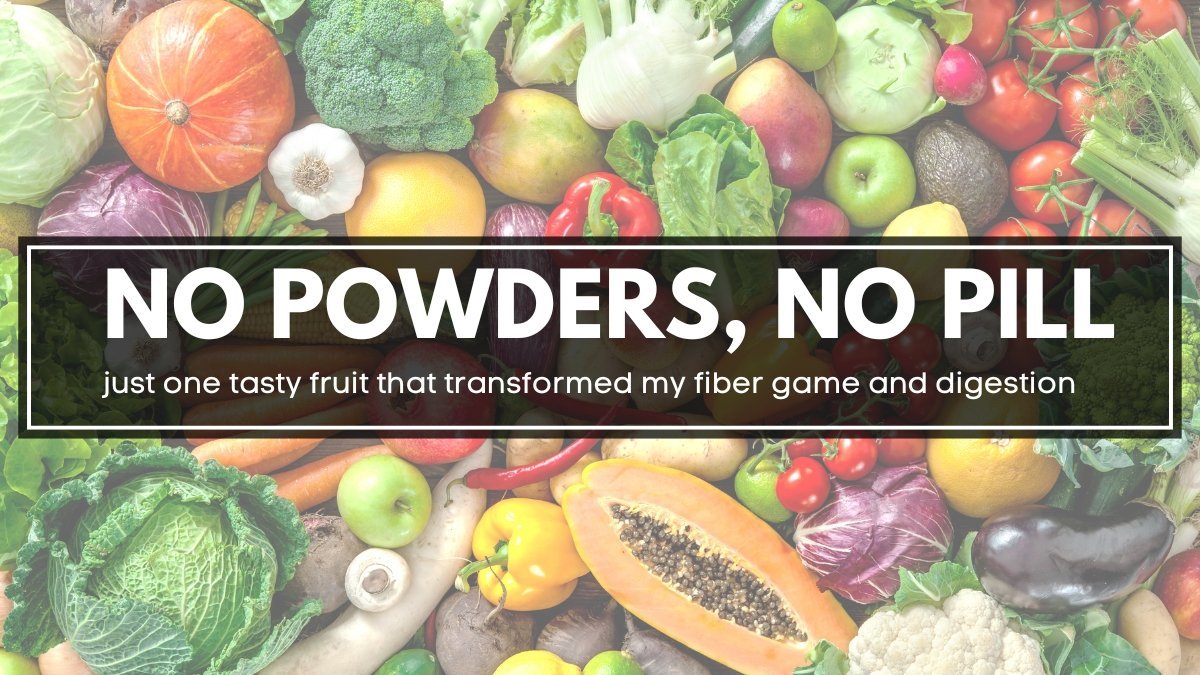Vitamin D Rich Foods : Vitamin D, often called the “sunshine vitamin,” plays a crucial role in overall health—from boosting immunity and maintaining bone health to supporting mood and muscle strength. While sunlight helps our skin produce vitamin D naturally, many people still fall short of the recommended levels due to indoor lifestyles or environmental factors.
That’s where your diet comes in. This article explores the top vitamin D rich foods, including natural sources of vitamin D, options for vegetarians, and tips for maintaining a vitamin D deficiency diet.
Let’s dive into the best sources of vitamin D and how to easily incorporate them into your meals.
READ MORE :- High-Fiber Foods to Improve Digestion and Boost Immunity
Why Vitamin D Matters
Before we dive into the food list, it’s important to understand the vitamin D benefits that make it essential for your well-being:
- Supports bone health by helping absorb calcium
- Enhances immune system response
- May reduce risk of chronic diseases
- Helps maintain mood and reduces symptoms of depression
- Supports muscle and cardiovascular function
Despite its importance, vitamin D deficiency is widespread globally, making dietary sources more critical than ever.
How to Get Vitamin D Naturally | Vitamin D Rich Foods
1. Sunlight Exposure
Your skin synthesizes vitamin D when exposed to UVB rays from sunlight. Spending 15–30 minutes outdoors daily, especially in the morning or late afternoon, helps maintain levels.
However, depending on your location, skin tone, or the use of sunscreen, you may not always get enough vitamin D from the sun alone.
That’s why foods high in vitamin D and even supplements can be essential.
15 Best Vitamin D Rich Foods for 2025
1. Fatty Fish (Salmon, Mackerel, Sardines)
Fatty fish are among the most natural sources of vitamin D. Just 3.5 oz (100 grams) of cooked salmon can provide around 526 IU of vitamin D, which is over half the recommended daily intake.
2. Cod Liver Oil
It’s an old-school remedy for a reason. One tablespoon of cod liver oil contains up to 1,360 IU of vitamin D—well over 100% of your daily needs.
3. Egg Yolks
Egg yolks are another easy source. While not as rich as fish, two large egg yolks can provide about 82 IU.
4. Fortified Milk
Most dairy milk in the US and many other countries is fortified with vitamin D. An 8-ounce glass offers about 120 IU.
5. Fortified Plant-Based Milks (Almond, Soy, Oat)
Great for those following a vitamin D foods for vegetarians lifestyle. Fortified almond or soy milk can deliver up to 100–150 IU per serving.
6. Fortified Orange Juice
Another fortified food with vitamin D, this juice can offer up to 137 IU per 8 oz.
7. Canned Tuna
Canned tuna is affordable and shelf-stable. One can offers about 268 IU per 100 grams.
8. Mushrooms (Exposed to Sunlight)
Vitamin D in mushrooms occurs naturally when they are exposed to UV light. A cup of UV-exposed mushrooms can provide up to 450 IU.
9. Fortified Cereals
Breakfast cereals often come fortified with essential nutrients, including vitamin D.
10. Beef Liver
Although not a favorite for everyone, beef liver is dense in nutrients including vitamin D, B12, and iron.
11. Cheese (Especially Ricotta)
Though cheese isn’t naturally high in vitamin D, some types like ricotta contain small amounts and can complement a vitamin D in diet approach.
12. Shrimp
This seafood is low in fat and contains around 150 IU per 100 grams.
13. Sardines (Canned in Oil)
Two sardines contain about 46 IU of vitamin D. Not huge, but when added regularly, it adds up.
14. Fortified Tofu
Popular among vegetarians, fortified tofu can provide up to 157 IU per 100 grams.
15. Yogurt (Fortified Varieties)
Some brands now offer fortified foods with vitamin D, especially yogurt designed for bone health.
Vitamin D Foods for Vegetarians
Vegetarians and vegans are often at higher risk of deficiency. Here are the best vitamin D foods for vegetarians:
- Fortified plant-based milks
- Fortified tofu
- UV-exposed mushrooms
- Fortified cereals and juices
- Supplements (if necessary)
Pro Tip: Always read food labels to ensure the product is fortified with vitamin D.
Vitamin D Deficiency Diet Plan
If you’re low on vitamin D, try incorporating the following foods throughout the day:
Breakfast: Fortified cereal + fortified soy milk + orange juice
Lunch: Grilled salmon + side of sautéed mushrooms + green salad
Snack: Yogurt (fortified) + boiled egg
Dinner: Stir-fried tofu + steamed shrimp + brown rice
You may also consider vitamin D supplements vs food if your levels are significantly low.
Supplements vs. Food: What’s Better?
While food is the most natural way to absorb nutrients, vitamin D supplements may be necessary for:
- People with absorption issues
- Those with very low serum levels
- Individuals with limited sun exposure
Pros of Food:
- Tied to other nutrients
- Natural absorption
Pros of Supplements:
- Controlled dosage
- Easy to track intake
Always consult a healthcare provider before starting supplements.
Keywords used: vitamin D supplements vs food
Final Thoughts
Getting enough vitamin D in your diet doesn’t have to be complicated. From fatty fish and mushrooms to fortified plant milks and orange juice, there’s a wide array of vitamin D rich foods to suit every lifestyle.
Whether you’re vegan, vegetarian, or a meat lover, this guide provides you with the knowledge to prevent deficiency and maintain a strong immune system, healthy bones, and overall wellness.
Prioritize whole foods, sunlight exposure, and if needed, supplements—your body will thank you.
Can I get enough vitamin D from food alone?
Possibly, but many people need a combination of sunlight, diet, and supplements.
Are eggs a good source of vitamin D?
Yes, especially the yolks, but they offer smaller amounts compared to fish or fortified foods.
What’s the best plant-based source of vitamin D?
Fortified plant milks and UV-exposed mushrooms.


